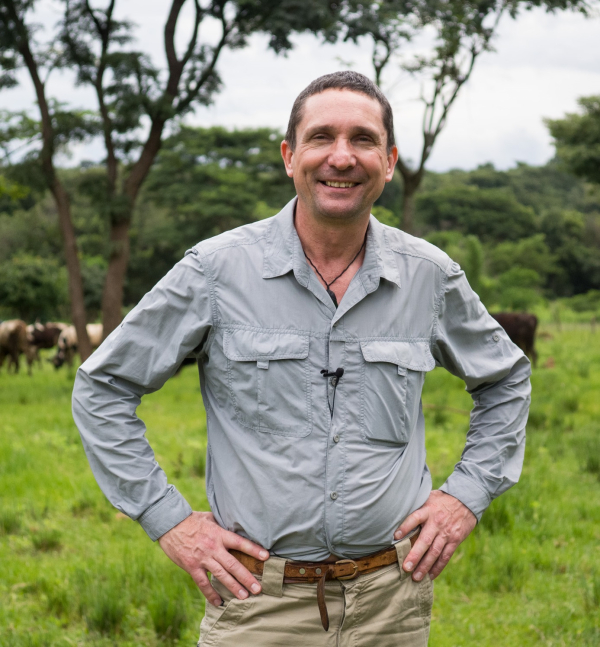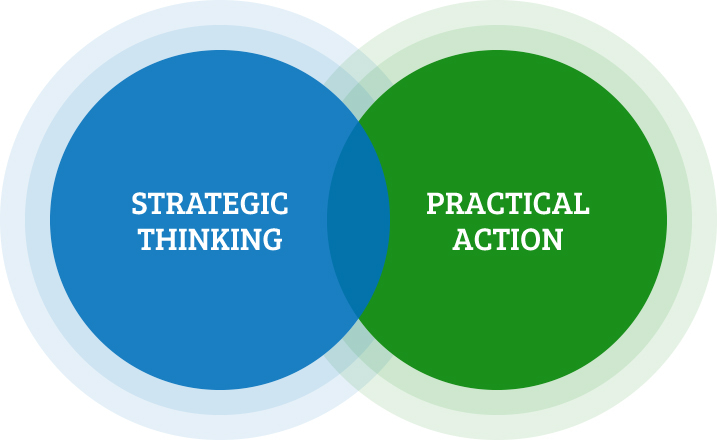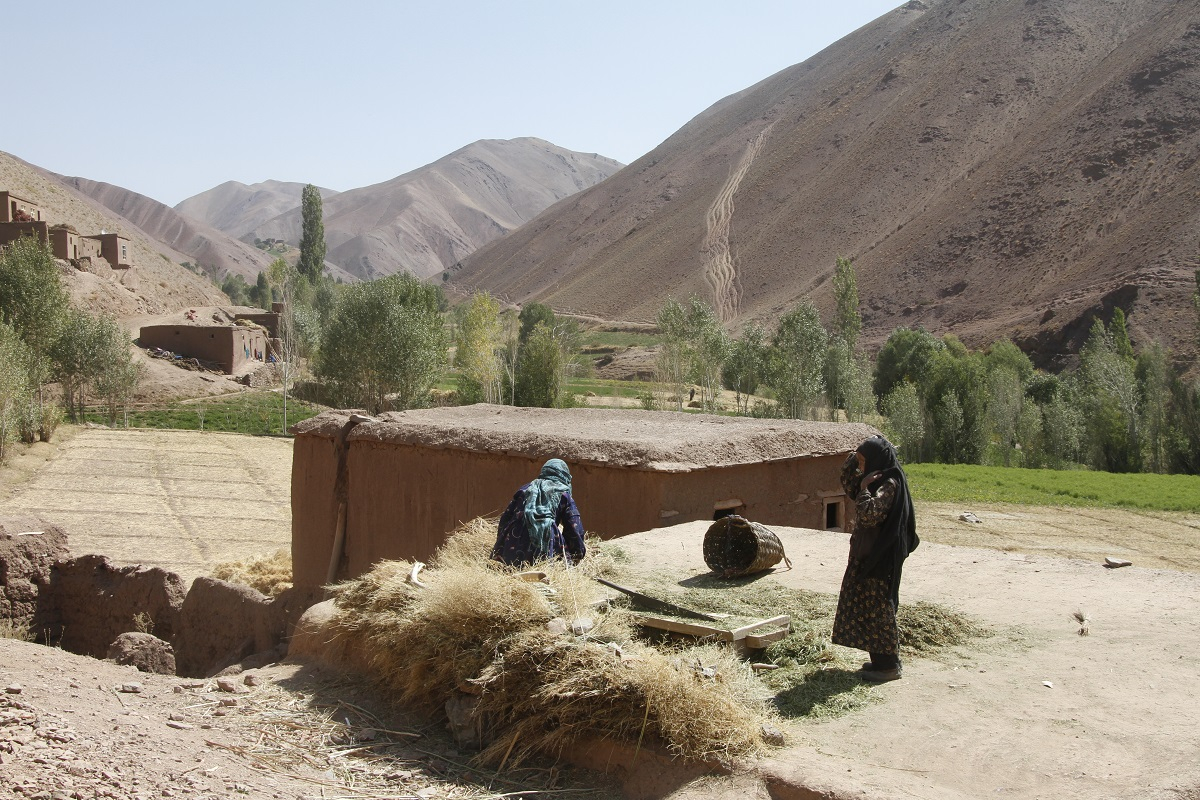News
Studying unintended consequences in agriculture-related international development

A member of Prime Consulting International’s leadership team is studying the “vexed issue” of unintended consequences in agriculture-related international development programmes.
Right: Prime Consulting International Group Operations Director Angus Davidson, pictured in Zambia in February 2019.
Angus Davidson, who is Prime's Group Operations Director, is undertaking his PhD, Wheat, Weapons and Worship: Optimising the Delivery of Agricultural Development in Fragile and Conflict-Affected States, through the Centre for Global Food and Resources at the University of Adelaide.
Mr Davidson aims to develop a set of guidelines that can be implemented in fragile and conflict-affected states that will improve agricultural development outcomes. He is specifically focusing on states with spatial conflicts; for example, the conflict between state and non-state parties in Afghanistan, where he lived and worked fulltime from December 2011 to December 2015.
“If livelihoods of farmers and their communities increased substantially through agricultural productivity improvements, maybe there would be less conflict. Just imagine if people were like, 'We’re putting down our guns and picking up our farming implements because we can make money'. That’s really, really out there.”
Mr Davidson says as well as being a crucial component of food security, agriculture is fundamental to developing states’ economies. “Farming employs a lot of people – and more so in developing economies than developed ones.”
His research will initially focus on Afghanistan, where he managed the US $10 million, six-year Agricultural Support Programme (ASP) in Bamyan Province on behalf of the New Zealand Ministry of Foreign Affairs and Trade as part New Zealand’s commitment to Afghanistan’s International Security Assistance Force.
Above: Wheat stooks in Bamyan Province, Afghanistan.
Mr Davidson lived fulltime in Bamyan for several years while managing the ASP and says his research will focus on the unintended consequences of the programme, specifically in relation to improved wheat yields. He says while the term 'unintended consequences' is not new, it only recently joined the lexicon of the international development sector.
In the case of the ASP, winter wheat yields in Bamyan increased by 171 per cent over six years from the baseline average, due to the provision of purified local wheat seed and crop husbandry instructions, providing high altitude villages with better options for crop cultivation, improved dietary diversity and better food security.
“While unintended, this large yield increase was clearly a positive outcome – and much higher than the targeted 15 per cent,” says Mr Davidson. “Farmers started growing wheat up to an elevation of 3,150 metres above sea level, where previously it was only thought possible at altitudes under 2,750m.”
But the ASP also unintentionally gave improved wheat seed and crop husbandry instructions to a group of farmers that it later discovered were affiliated with a non-state actor. “In this specific example, the spillover effect was both good and bad,” says Mr Davidson.
“The farmers who approached the programme and received the wheat seed had truthfully claimed they wanted to distribute it to other farmers who could then further replicate it and disseminate it more widely.
“Their response was extremely positive regarding yield results and they were very appreciative of the fact that they had been able to obtain the improved seed. However, from the donor’s perspective, the political implications of possibly assisting farmers who later confessed that they were supporting anti-government actors could potentially be considered a negative thing.”
Above: Women hand-threshing wheat in Bamyan Province, Afghanistan.
Mr Davidson plans to develop guidelines for exploiting positive unintended consequences and mitigating negative unintended consequences based on the Afghanistan case study. These will be tested and refined using data from agricultural development programmes in another two fragile and conflict-affected states: Timor-Leste and Syria.
“Only in the last few years has the academic world thought, 'Hey, it’s not all good'. Countries are spending all this money on international aid, these things are occurring, but we are not reporting them. There is a lot to be gained from identifying and talking about unintended consequences,” Mr Davidson says.
“Overall, this research intends to contribute to the literature on the vexed issue of unintended consequences encountered in international development when institutional arrangements are fragile and governance arrangements are spatially conflicted.”





